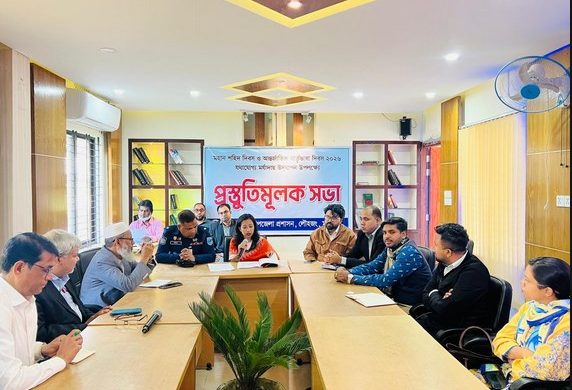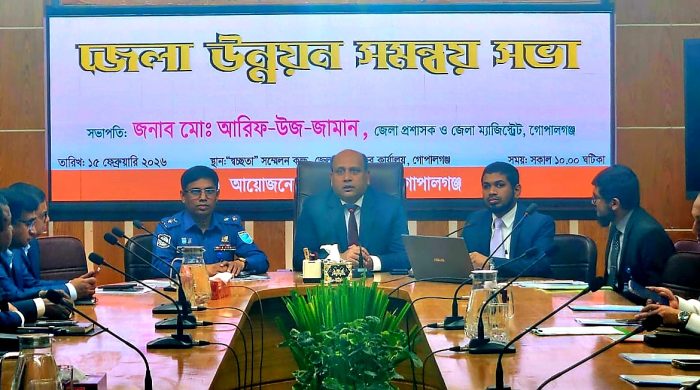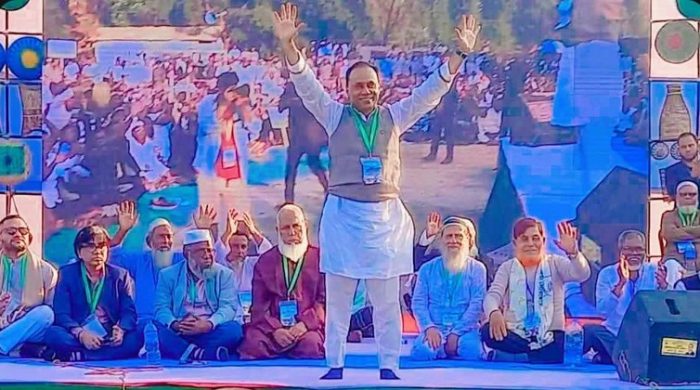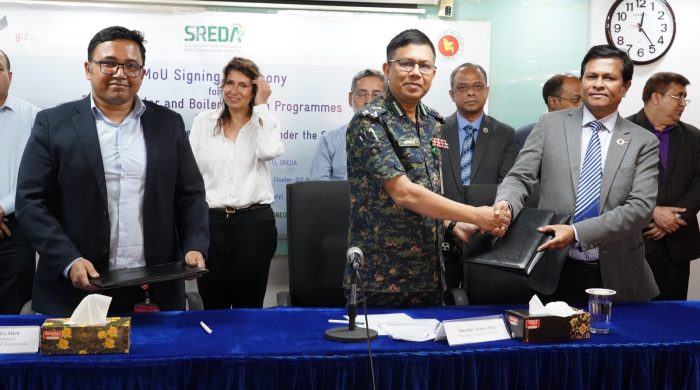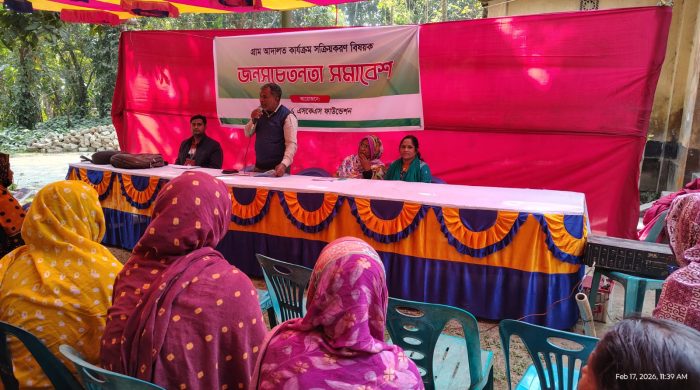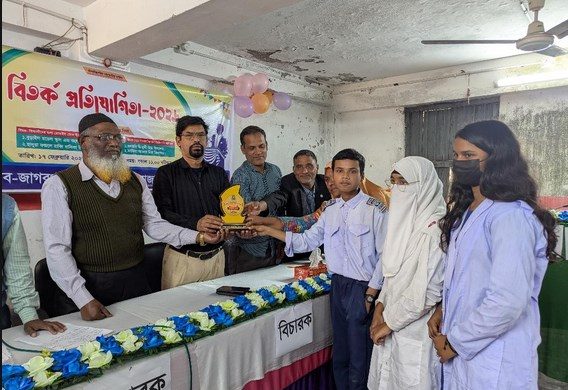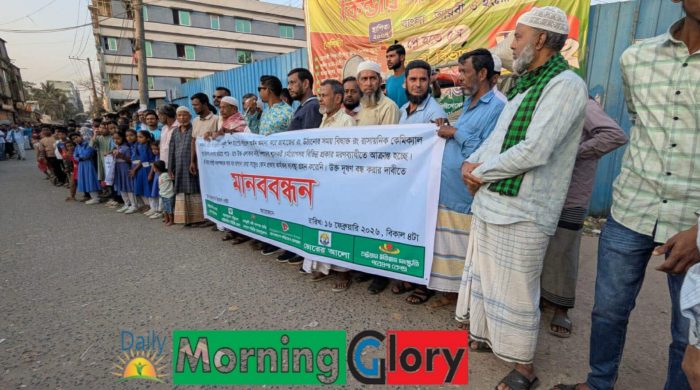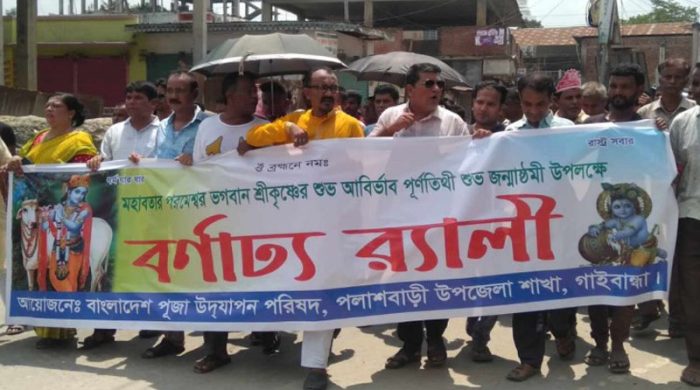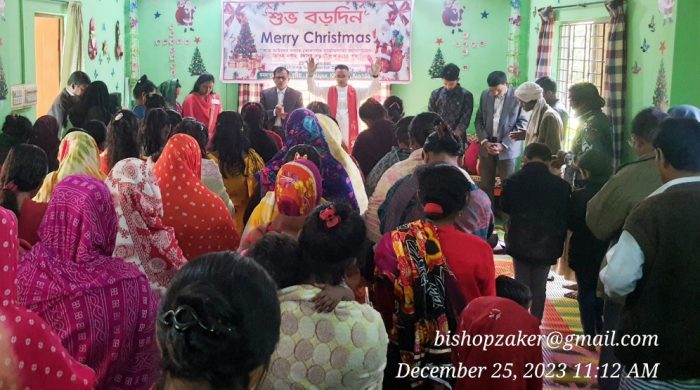Farmers protest for implementation of five-point demands

On February 27, Krishak Oikya Parishad, Bangladesh (the only non-political organization of farmers) held a human chain program in front of the National Press Club and other press clubs across the country in the morning, attracting the attention of agricultural advisors.
At this meeting, the chairman of the organization, Krishibid Manjur, said, “On which demand and with whom did you decide to increase the price of cold storage? To destabilize the economic situation of the country, they are trying to make the price of food products nine or six. Supporting these traitors will make the path to the country’s prosperity more difficult than easy.
He also said, “We, the entire peasant community of Bangladesh, are happy and proud to see you and personalities like you as the guardians of the state after the fall of the previous government, the fruit of the student movement. We, the peasant community, believe that under your strong and firm leadership, the country’s agricultural sector will create a strong foundation for the agricultural economy of the future.” But I would like to inform you with respect that two-thirds of the total population of Bangladesh depends on our agriculture, but the farmers are still neglected and deprived of their fair rights.
Agriculture is our only recourse. But it is very sad that we do not always get a fair price for our produce. We have noticed that there is an anarchic situation in the marketing of agricultural products and due to the non-cooperation of the people involved in transportation and the activities of the hoarding circle, we are losing our invested capital. This year, the rent of potatoes in cold storage has been doubled (from 4 taka to 8 taka). Again, currently the potato market is only 10/12 taka per kg at the farmer level while the production cost is about 17 taka. Another one of the most important cash crops, onion, is in the same situation, which is basically a scourge on the palm.
The demands of the Potato-Onion Commission, including allocation of specific land for farmers, cold storage potato rent of 5 taka,
arrangements for exporting farmers’ products abroad at a high rate, direct representation of farmers in various meetings and seminars related to agriculture, were raised.
The discussion was concluded with the desire to get agricultural products at fair prices in the interest of the large farming population.




